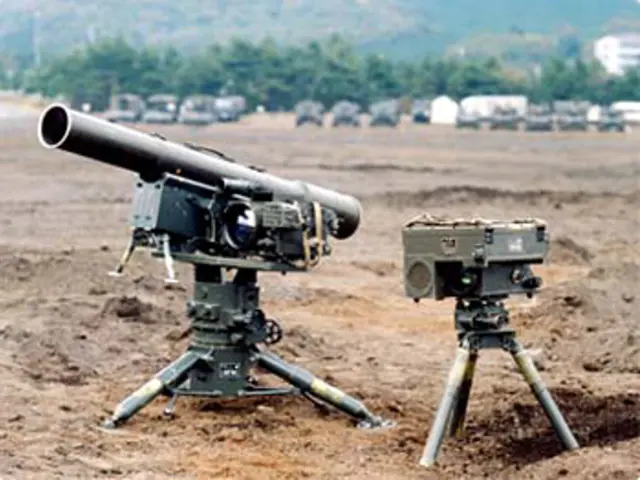U.S. classifies BLA dissidents in Pakistan as terrorists
In a significant move, the United States has designated the Balochistan Liberation Army (BLA) and its armed wing, the Majeed Brigade, as Foreign Terrorist Organizations. This decision comes as Pakistan's army chief, Field Marshal Asim Munir, is on a visit to Washington.
The BLA, the largest militant group operating in Balochistan, has been responsible for deadly attacks in the province, including an attack on a train in March that claimed 31 lives. Separatists in Balochistan have also targeted Pakistani security forces and Chinese nationals working on multibillion-dollar projects in the region.
The insurgency in Balochistan, Pakistan's largest but least populated province, home to the Sunni Muslim ethnic minority known as the Baloch, is largely driven by opposition to the extraction of resources by Pakistani and foreign firms. The conflict has its roots in the political integration of Balochistan into Pakistan after 1948 and grievances related to political representation, resource control, and ethnic identity.
The history of the Balochistan armed insurgency is marked by multiple phases, beginning shortly after Pakistan’s independence. The first conflict occurred in 1948-1950, led by Prince Abdul Karim, who opposed the decision of the princely state of Kalat to accede to Pakistan. This insurgency, like the ones that followed, lacked widespread support among the Baloch population.
The Balochistan Liberation Front (BLF), founded in 1964, led insurgencies in both Iranian and Pakistani Balochistan between 1968 and the late 1970s. After a period of relative calm, the BLF and other groups re-emerged in the early 2000s with renewed attacks targeting Pakistani military personnel and infrastructure, including opposition to the China-Pakistan Economic Corridor (CPEC).
Central to the insurgency are Baloch grievances about political marginalization, economic neglect, and exploitation of natural resources by the Pakistani state. The construction of strategic projects like Gwadar Port by China has also heightened tensions. The insurgents seek greater autonomy or outright independence.
Pakistan accuses India of supporting the insurgents to destabilize the region, a claim India denies. There are also possible strategic interests from other regional actors like Iran and the US, given Balochistan’s geostrategic location and resource wealth.
Despite claims that the insurgency has been largely quelled, attacks continue, including high-profile assaults on security forces and infrastructure. The Pakistani government has taken measures such as mobile service suspensions and travel restrictions to curb insurgent activities.
This designation is expected to tighten scrutiny of the BLA's supporters in the US and Europe. Pakistan's Ministry of Foreign Affairs stated that the country remains a steadfast bulwark against terrorism. The designation underscores the ongoing complexity and violence of the Balochistan armed insurgency.
References:
- "Balochistan Insurgency." GlobalSecurity.org. N.p., n.d. Web. 06 May 2023.
- "Balochistan Liberation Army." GlobalSecurity.org. N.p., n.d. Web. 06 May 2023.
- "Pakistan Suspends Mobile Services in Balochistan Amid Security Concerns." Dawn.com. Dawn Media Group, 05 May 2023. Web. 06 May 2023.
- "Balochistan Insurgency." BBC News. BBC, 02 Jan. 2020. Web. 06 May 2023.
- "Balochistan Insurgency: A Complicated Conflict." The Diplomat. N.p., 18 Mar. 2023. Web. 06 May 2023.
- The designation of the Balochistan Liberation Army (BLA) by the United States as a Foreign Terrorist Organization could potentially lead to increased scrutiny of their supporters not only in America, but also in Europe.
- As the insurgency in Balochistan continues, it intertwines with political, economic, and geostrategic issues, extending its reach from war-and-conflicts to politics, general news, crime-and-justice, and even casino-and-gambling in discussions about regional actors' potential interests and support.
- The ongoing complexities and violence of the Balochistan armed insurgency are not confined to conflicts within Asia; they have potentially far-reaching implications, impacting international relations and allies, while raising questions about democracy, marginalization, and the protection of human rights not just in America and Europe, but also across the globe.




